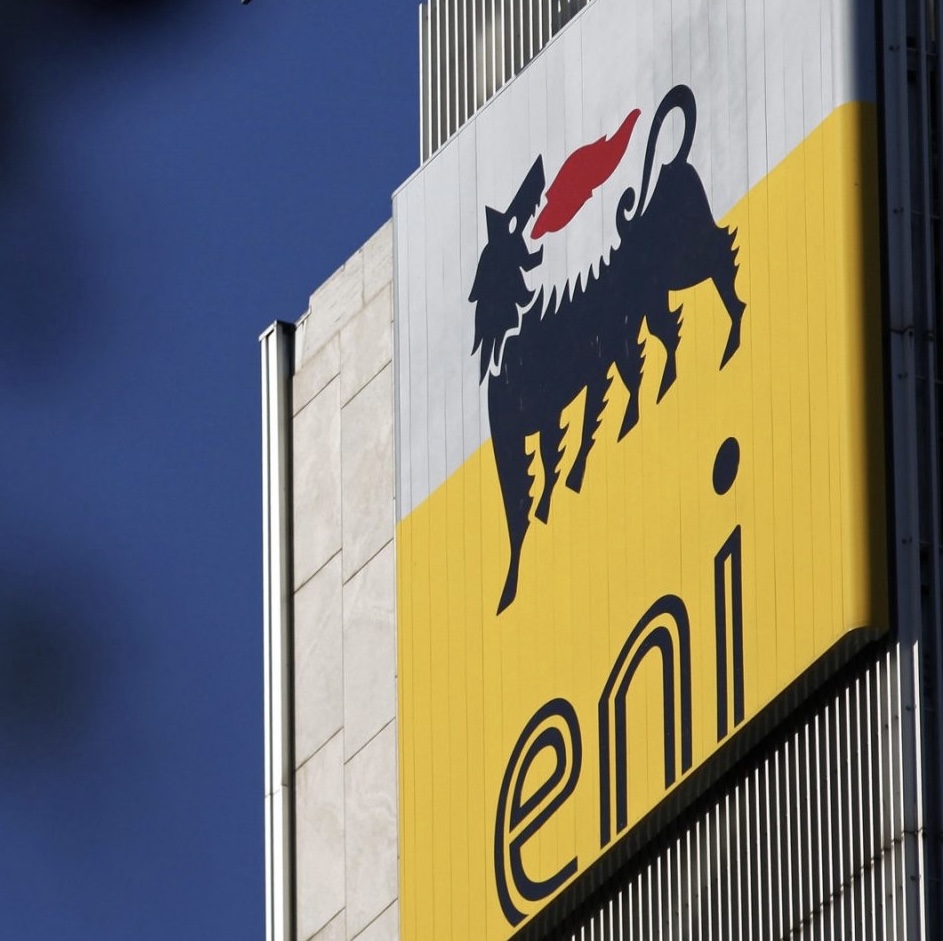KEY POINTS
- Eni’s Enilive unit and LG Chem have started building South Korea’s first HVO and SAF biorefinery in Daesan, due for completion in 2027.
- The plant will process 400,000 tons of renewable waste feedstock annually using Eni’s Ecofining technology.
- The project supports Eni’s 2030 goal to exceed 5 million tons of biorefining capacity, with more than 2 million tons earmarked for SAF.
An important milestone in Asia’s shift to low-carbon transportation fuels has been reached with the start of construction on the nation’s first large-scale facility for the production of hydrotreated vegetable oil (HVO) and sustainable aviation fuel (SAF) by South Korea’s LG Chem Ltd. and Italy’s Eni SpA.
The new biorefinery will be constructed by LG-Eni BioRefining, a joint venture between LG Chem and Eni’s mobility subsidiary, Enilive, and will be situated within LG Chem’s expansive Daesan chemical complex in Seosan, Chungcheongnam-do, approximately 50 miles southwest of Seoul.
Completion is slated for 2027, with an annual capacity to process around 400,000 tons of renewable bio-feedstock.
The plant will turn sustainable inputs like used cooking oil (UCO) and other waste residues into cleaner fuels using Ecofining, a hydrogenation technology created by Eni in partnership with Honeywell UOP. Demand for these low-carbon fuels is predicted to increase as governments impose stricter renewable energy regulations on the transportation and aviation industries.
Partners eye expanded role in global biofuel markets
According to Shin Hak-cheol, CEO of LG Chem, the investment supports the company’s strategy to “build a low-carbon foundation” for future expansion and financial success. He went on to say that by incorporating HVO into its business operations, LG Chem would be able to offer a wider variety of ISCC PLUS-certified bio-circular balanced products that cater to consumer goods, automotive, and electronics industries.
In order to meet the growing demand for SAF and other renewable fuels, Eni sees the Daesan plant as an additional link in a global network of biorefineries. Enilive CEO Stefano Ballista stated, “The groundbreaking of the Seosan biorefinery reaffirms Enilive’s strategy in offering increasingly sustainable products.” The South Korean facility would help the company reach its 2030 goals, he said, along with existing plants in Italy and the U.S. and new projects in Italy and Malaysia.
HVO, produced through hydrogenating vegetable oils and waste-based fats, can serve as a drop-in replacement for diesel without engine modifications, while SAF offers airlines a viable route to cutting carbon emissions without overhauling fleets. In Asia, where aviation emissions are expected to increase significantly if nothing is done, the Daesan project positions South Korea as a developing center for advanced biofuels.
The joint venture’s ability to process waste feedstocks instead of food-based crops may provide political and environmental benefits as airlines, shipping companies, and logistics operators work to meet net-zero targets, avoiding discussions about food security and land use.



